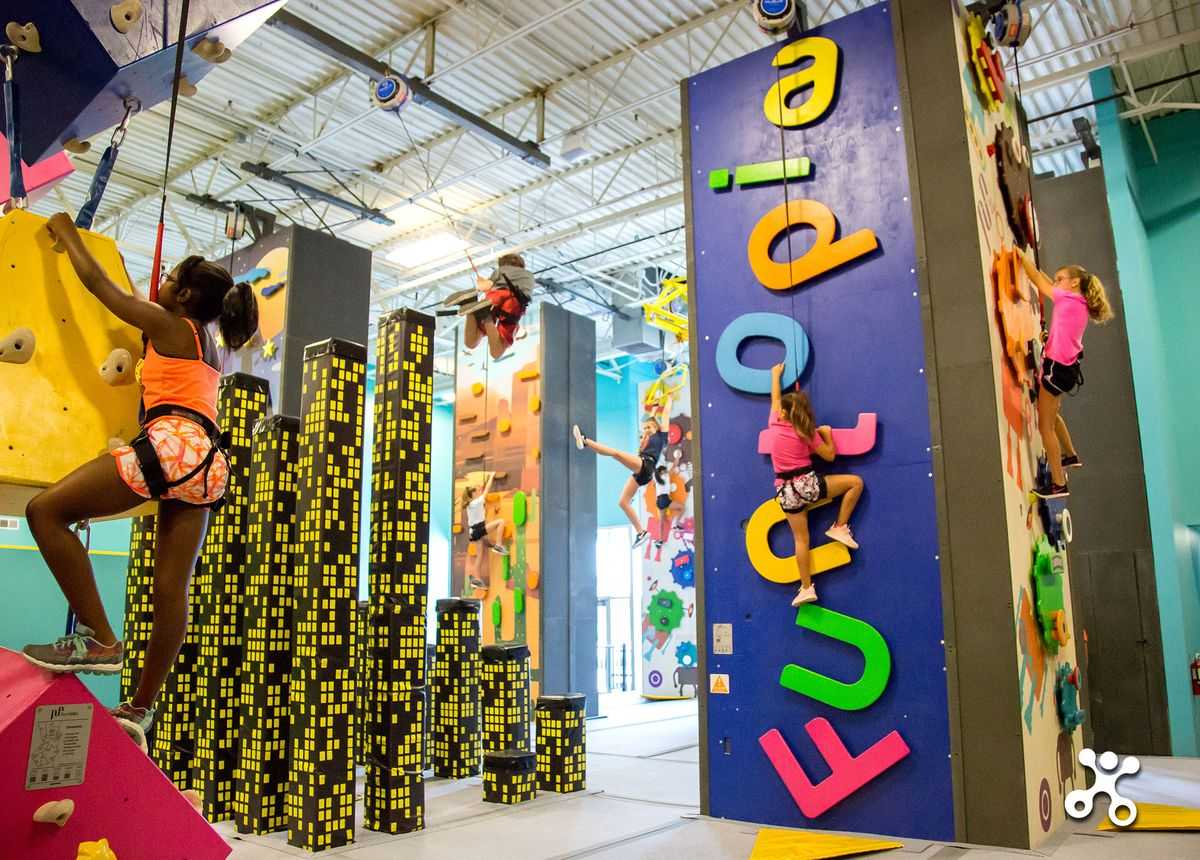Play is not just a source of entertainment; it plays a crucial role in the cognitive development of individuals, particularly in children. Indoor playgrounds, with their engaging and interactive environments, offer a unique space where children can engage in play-based activities that stimulate their cognitive abilities. In this article, we will delve into the science behind play and explore how indoor playgrounds contribute to the cognitive development of children.
Stimulating Brain Development:
Play is a powerful tool for stimulating brain development. When children engage in play, their brains are actively involved in processing sensory information, problem-solving, and decision-making. Indoor playgrounds provide a rich sensory environment with various textures, colors, and sounds that engage multiple senses simultaneously. These sensory experiences help develop neural pathways in the brain, facilitating cognitive processes such as attention, memory, and spatial awareness.
Enhancing Executive Function Skills:
Executive function skills, including self-regulation, working memory, and cognitive flexibility, are essential for academic success and lifelong learning. Indoor playgrounds offer opportunities for children to practice and enhance these skills. Activities like navigating obstacle courses, solving puzzles, and engaging in imaginative play require children to plan, strategize, and adapt their thinking. Through play, children develop the ability to set goals, manage impulses, and solve problems, all of which contribute to the development of strong executive function skills.
Fostering Social and Emotional Intelligence:
Indoor playgrounds provide a social setting where children can engage in cooperative play, take turns, negotiate, and resolve conflicts. These interactions promote the development of social and emotional intelligence. Through play, children learn to recognize and regulate their emotions, empathize with others, and communicate effectively. Indoor playgrounds also offer an environment for role-playing and imaginative play, allowing children to explore different perspectives, develop empathy, and practice social skills that are vital for building relationships and navigating social situations.
Encouraging Creativity and Imagination:
Indoor playgrounds ignite children's creativity and imagination, which are essential for problem-solving and critical thinking. These playgrounds often feature themed areas or play structures that allow children to engage in imaginative play scenarios. By pretending to be different characters, building imaginary worlds, and inventing stories, children exercise their creative thinking skills and develop their ability to think outside the box. This imaginative play nurtures their creativity, helps them generate unique ideas, and enhances their overall cognitive flexibility.
Promoting Language and Communication Skills:
Language and communication skills are crucial for academic success and social interactions. Indoor playgrounds provide an environment that encourages language development and communication. Children engage in conversations, negotiate roles, and express their ideas during play. They also encounter new vocabulary and practice language skills as they interact with peers and adults in the playground. This exposure to rich language experiences helps expand their vocabulary, improve communication skills, and develop a foundation for literacy.
Indoor playgrounds offer much more than physical fun—they provide a platform for cognitive development. Through play, children engage their brains in a variety of ways, stimulating neural connections, enhancing executive function skills, fostering social and emotional intelligence, nurturing creativity and imagination, and promoting language and communication skills. Indoor playgrounds create an environment that supports cognitive growth, and by recognizing the science behind play, we can appreciate the vital role that these playgrounds play in the cognitive development of children. So, let us celebrate the power of play and encourage children to embrace the wonder and joy of indoor playgrounds for the benefit of their cognitive development and future success.





